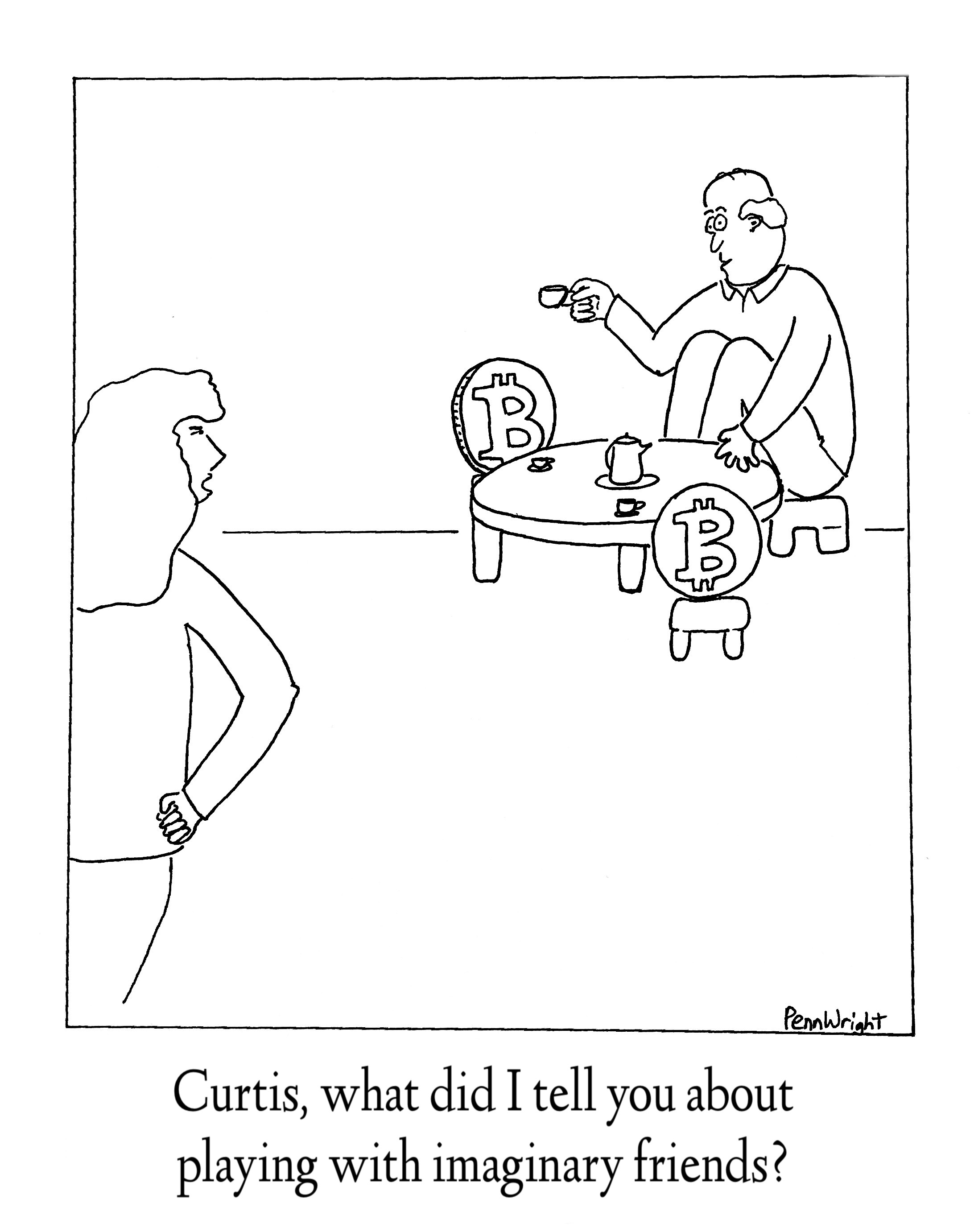If you haven’t heard anything about Bitcoin the past couple months then it’s possible you are living under a rock. Cryptocurrencies have taken the world by storm making a run at a becoming a widely used currency for exchanging goods and services.
Although trustworthy investors like Warren Buffett are warning us against this smoke in the mirror, let’s assume for a minute that the confidence behind Bitcoin and cryptocurrencies holds steady. What else is holding it back?
The Cryptocurrency Facts
Although no one can say for sure, analysts estimate there are somewhere between 3 million and 15 million active cryptocurrency owners worldwide, with the collective market cap somewhere in the vicinity of $600-700 billion.
Now, what good is having all of that capital if you can’t spend it? Aside from a few places accepting Bitcoin (largely for the publicity), there’s really nowhere to use it. Unless of course, you are purchasing CryptoKitties.
So, why don’t businesses accept Bitcoin? Simple. It’s fluctuating value and little protection against fraud.
As far as it’s unpredictable valuation goes, well that’s just the consequence of being a confidence backed currency (just like the US Dollar). So, only time can smooth out its value.
The other problem with Bitcoin is fraud. Outside of actually understanding how cryptocurrencies work, which this guy explains very well, a major limiting factor holding cryptocurrencies back is ensuring they can be used securely.
With billions of dollars literally created out of thin air, there’s a lot of fraudsters out there concocting up get-rich-quick schemes around cryptocurrency.
Businesses aren’t going to accept Bitcoin until they can confidently protect themselves against fraud. And that comes down to the Point-of-Sale.
Cryptocurrencies at the Point-of-Sale
At the storefront level, we need to see Point-of-Sale processing systems that encourage the secure use of Bitcoin. Much like chip readers and ApplePay are making credit card transactions more secure, there need to be systems that can verify the authenticity of cryptocurrency in real-time transactions.
It would also be advantageous for the PoS provider to simultaneously exchange the Bitcoin to money since it makes little sense for a store to have Bitcoin (unless they want to invest themselves). With this system in place, both me and Subway, Macy’s, etc… could confidently exchange our goods and money without much stress.
A proper Point-of-Sale processor incentivizes storefronts to accept Bitcoin since millions of people have it with nowhere to spend it. It also incentivizes the PoS software company since they will have the opportunity to accumulate and trade Bitcoin on a massive scale (imagine Square owning thousands of Bitcoins).
At the moment, this is all theoretical considering cryptocurrency is mostly a bunch of hype. To see this become a reality in 2018 and beyond – where you can buy a cheeseburger with Bitcoin – major brands need to step up to the plate, bringing hard results to cryptocurrency progress.
Overstock.com, for example, became one of the first large companies to accept Bitcoin recently and they profited dearly. I’d love to see an even larger brand, like Disney, make a similar statement. It’d go a long way for Disney to begin accepting Bitcoin as payment for Disney World vacations?
This would encourage startups or even established companies to get underway with creating better Point-of-Sale processing systems that authenticate crypto transactions, real-time.
But, this still doesn’t solve all the consumer problems.

Bitcoin Insurance
Nearly 4 million Bitcoin, of the 21 million that will ever exist, have been lost forever, unrecoverable, due to user negligence. How do you as a Bitcoin owner protect yourself against theft and the bigger problem – losing access to your wallet by forgetting your passwords, dropping your hard drive, or getting a computer virus.
Well, I’d take a lesson from Coinbase, the digital currency wallet and exchange. Essentially, they insure all their digital currency held online, which amounts to only 2% of the cryptocurrency they have at any given time. The rest is stored offline. While I don’t know how much it costs to insure your cryptocurrency, I’d take this practice from the experts.
It seems that at the moment the best way to you insure your Bitcoin as a consumer is just like your other valuables: a safe. Just like you should keep your grandma’s diamond ring, old treasury bonds, and gold bars in a safety deposit box at your bank. You need to create the safety deposit box version for your cryptocurrencies.
To do this, you use a method called hot and cold storage. Hot storage would be using your regular online wallet and cold storage would be a hard drive offline. This is how you create a cold storage container for your cryptocurrencies. The idea is that your hot storage is for regular use and cold storage is for a long-term keepsake. Just like the difference between a bank account and a safety deposit box.
For long-term investors, you may keep 98% of coins in cold storage, just like Coinbase. For more avid traders, it might only be 10% in cold storage.
Until FDIC begins insuring Bitcoin (or another entity steps up), the best way to insure your Bitcoin against fraud might literally be stashing them underneath your mattress… on a hard drive of course. Well, don’t actually sleep on your hard drive. But, keep it in a safe place, offline.
Risk it for the Biscuit
For many people, investing in cryptocurrency may be the largest financial risk they take in their lives. They’ve had CNBC and Good Morning America hyping the opportunity in their ear for months. And I think it’s important to remember that where there’s risk, there’s a reward. Unfortunately, that reward might not always be for the risk-taker to receive.
Like any opportunity in life, you gotta risk it for the biscuit. But, you also need to realize when the biscuit is in your hands. Otherwise, greed will turn the initial desire for one biscuit into two biscuits, then three, then four, and so on.
Gambling, investing, and taking risk is a zero-sum game. There’s always a winner and loser. My advice is to objectively judge when your risk has been rewarded and cash-out.
I hope you enjoyed this week’s Quick Theories! Please shoot me an email with any thoughts on the topic.
Disclaimer: I no longer own Bitcoin or any other cryptocurrencies. This article reflects my perspective with no intention of profiting from your decisions.


